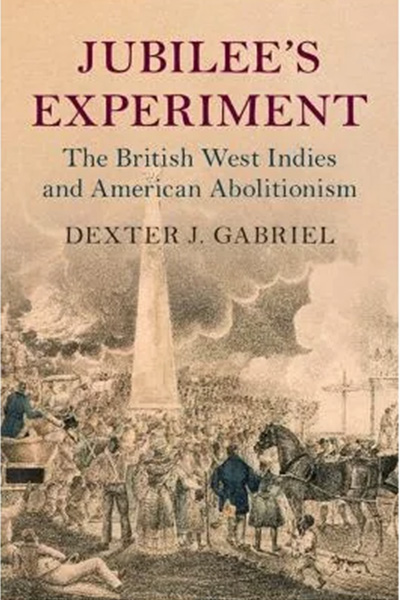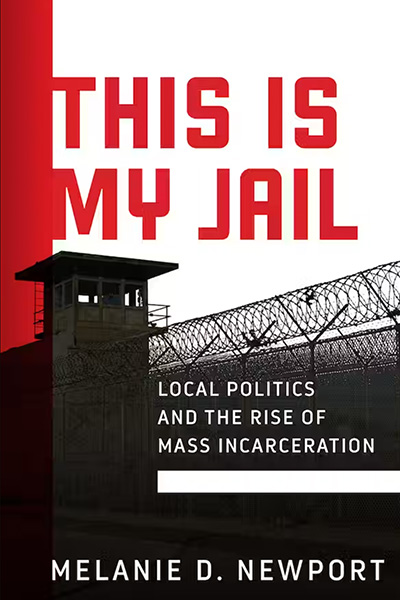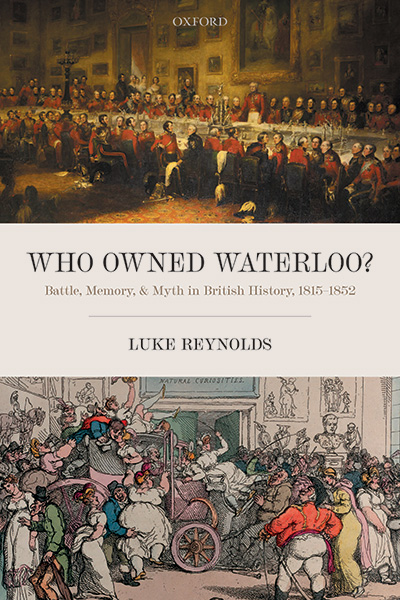Sergio Luzzatto, Author
Abstract
The painful history of Italy's "years of lead" through the portrait of a furious generation.
To tell the story of the Italy of the Red Brigades, Sergio Luzzatto chose to follow one red thread, one central biography, while placing it in a broader and evocative choral perspective. The red thread comes from the short and bloody life of the former sailor turned radical Riccardo Dura. It was Dura whose killing of the communist worker Guido Rossa set the Red Brigades on their violent path and changed the history of Italy. And it was Dura whose own murder by the police placed the ambiguous seal of martyrdom on left-wing terrorism. The choral perspective comes from the faces and voices of Genoa, the city where the armed struggle began and where it ended. The history of the armed struggle must be understood by looking at the many rather than at the one individual, by looking back at the Italy of the Sixties that gave birth to the movement, as much as the Italy of the Seventies where it played out. Migration, the family, the school, the factory, the "movements", the square, the university, the prison: this history of the "comrades who made mistakes" starts out as a Bildungsroman before turning into a detective novel.





